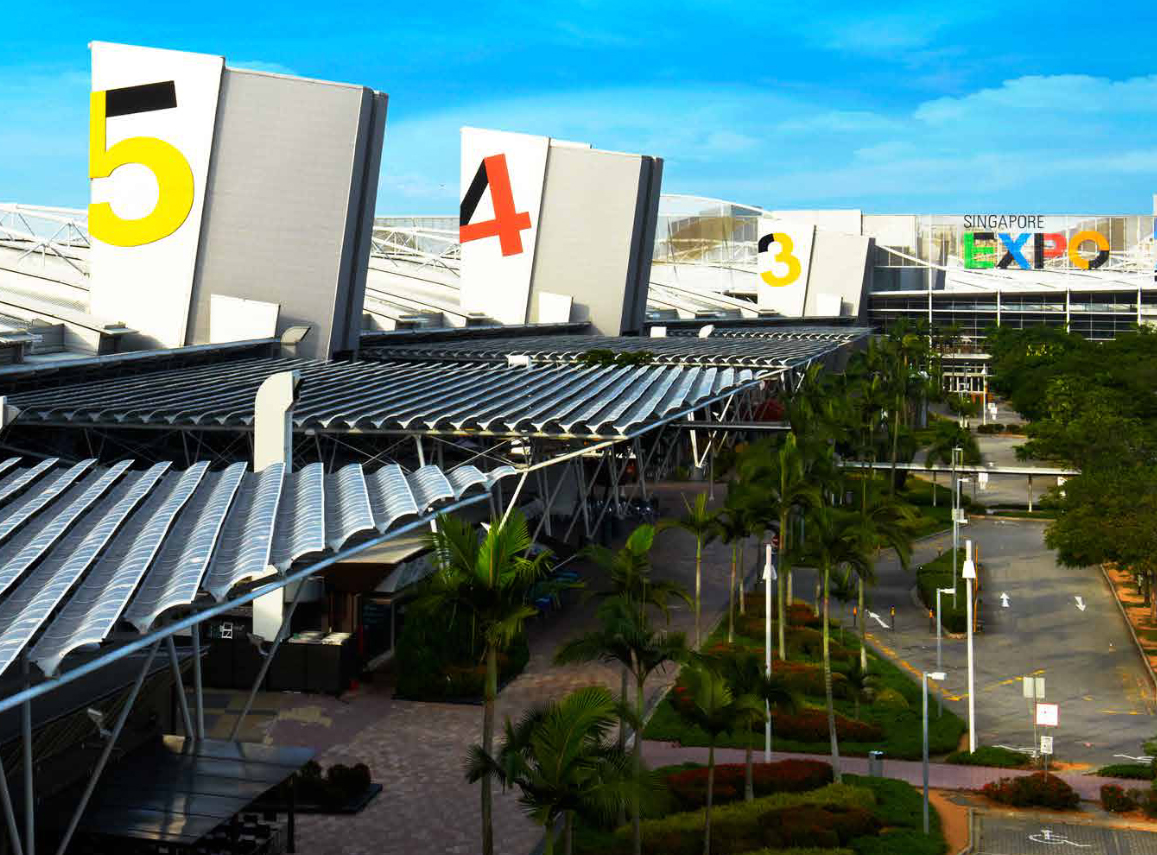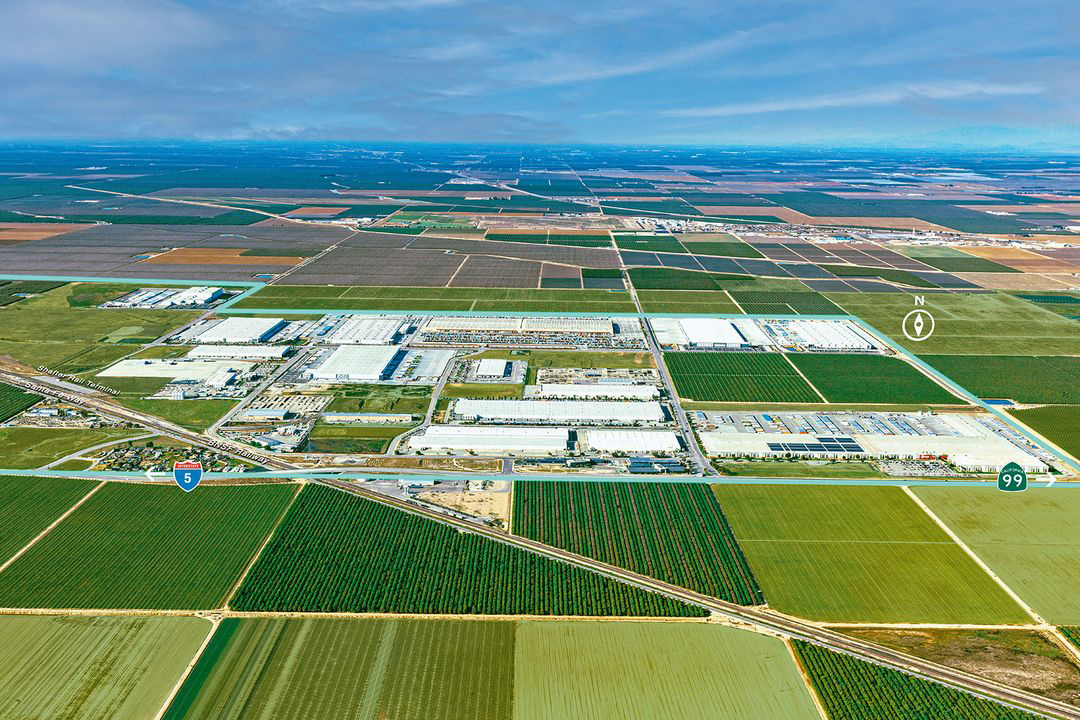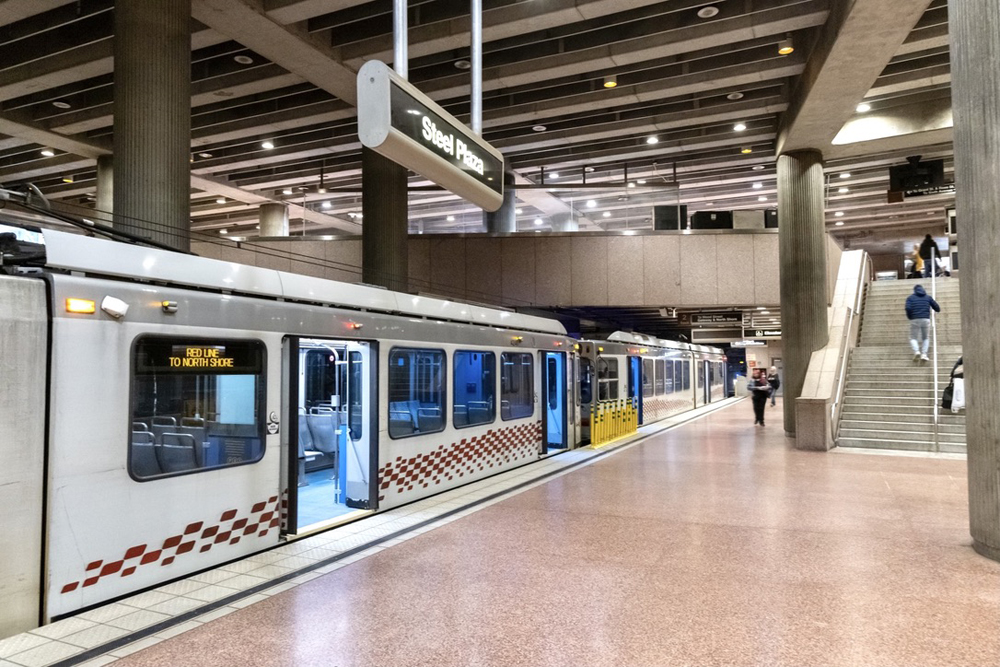Since the 2013 stumble, the e-commerce giant has begun its own sorting operations, bought thousands of truck trailers, launched an Uber-like package delivery service, started grooming an airport to be a hub for the dozens of Boeing 767 aircraft it has leased, become a freight broker, and received licensing to be an ocean carrier.
“Since when does a retailer need an airport hub?” writes Itamar Zur, co-founder of delivery service Veho in Medium.com. Amazon’s move into logistics and transportation has not just been for itself. Starting in October 2017, Amazon used its Seller Flex warehouse and logistics services to displace FedEx and UPS in picking up packages from partner merchants’ warehouses for delivery to Amazon distribution centers.
By February 2018, Ship-with-Amazon was providing delivery services to other merchants and by mid-year, for a $10,000 fee, Amazon was offering entrepreneurs opportunities to start last-mile transport services entailing 40 Amazon-emblazoned vans. In 2016, through its China subsidiary, Amazon received Federal Maritime Commission status as a Non-Vessel Operating Common Carrier, essentially making it an ocean carrier that buys space on other carriers’ ships. By early 2018, Amazon had brought some 5,000 containers into the U.S. — a trickle as far as overall imports go, but a substantial move for a company with a retailer identity.
While FedEx founder Fred Smith argues “Amazon is a retailer; we are a transportation company,” some analysts believe Amazon eventually will be a full-fledged carrier seriously competing with FedEx and UPS. FedEx has downplayed the threat, saying Amazon cannot replicate its infrastructure. But Zur says legacy infrastructure is a problem: it’s designed for business-to-business operations, not retailing, and Amazon makes nimble use of information technology focused on end consumers.
In early 2018, Amazon had been rumored to be purchasing XPO Logistics, a less-than-truckload carrier with strong last-mile-delivery capability for bulky items like appliances and furniture. The apparent deal evaporated in a bidding war for XPO prompted by major appliance retailer Home Depot’s reported attempt to fend off Amazon.
One analyst, Craig Fuller of Freightwaves, says attempting to blend clunky less-than-truckload operations into sleek Amazon practices made XPO the wrong target. Also, LTL carriers tend to have a disproportionate share of retail customers. They would flee a carrier owned by a competitor. A better purchase, Fuller writes, would be J. B. Hunt. Hunt has moved away from its traditional truckload business, positioned itself more as a consultant or what is known as a third-party logistics provider, and developed emphasis on last-mile delivery contracts.
An intermodal pioneer from the fusion created almost 30 years ago with BNSF predecessor Santa Fe, much of Hunt’s truckload business and half of its revenue is intermodal. Purchasing J. B. Hunt, Fuller says, would not only give Amazon the last-mile benefit of a carrier like XPO, but would provide Hunt’s intermodal network and varied third-party logistics services.
Zur believes Amazon, still dependent on UPS and FedEx will, over the long-term cherry-pick the most profitable urban-density business away from them. And, he says, Amazon tends to develop partners but then competes with them as what happened when Toys R’ Us and shuttered book retailer Borders allowed Amazon to run their e-commerce. Both went bankrupt and were liquidated and Zur believes the downfall of Toys R’ Us began with its association with Amazon.
“Asset-based infrastructure such as rail and maritime companies are still needed, unless, of course, we see Amazon Rail, Amazon Ocean. Virgin was a record store. Then an airline. Now, Virgin Trains,” says a strategist for a U.S. third-party logistics and consulting, who requested anonymity.
With ongoing Amazon growth — $233 billion revenue in 2018 — investor patience dating back to its earliest days, creative software applications, and its development of new forms of competitive advantage it’s difficult to see what the company will become and how it might change the transportation landscape.















Mr. Rice: Ithink youare mistake on one point. Roadway was a major OTR LTL Carrier, and was in some trouble financially as it attempted to bring about its LTL package carrier(?) Roadway Express(?). Due to those financial problems, Roadway Corp was a take-over plum target. It was taken over by Yellow Freight, the #2 OTR LTL carrier. Thus was created the Yellow Roadway Corp.
FedEx about in 2000 was looking around for a LTL/TL carrier. At that time there was a candidate in Harrison,Ark. at the time it had recently become American Freightways(?); after having shed its previous corporate identity which was Arkansas Freightways.
At the same time, FedEx was realigning their OTR/LTL, ad hoc loading operations; the company I was with was also undergoing changes in its relationship with FedEX, and a new corprorate owner that was going to change the way it did business with FedEx..
When will Amazon open its own bank? Issue credit cards, charge customers annual fees, eliminate Prime option unless you’re banking with Amazon and have straight deductions for purchases.
Have you seen the blue Amazon piggyback trailers? Pretty cool.
Peter Benham,
Not quite, if you’ve been following recent history, the Feds have been allowing companies to be vertically integrated(somewhat monopolistic) as opposed to horizontal, which was the downfall of Standard Oil, et al.
First off FedEx acquired Roadway(now FedEx Ground) to get the LTL/last mile business and then spun them off when they got what they needed. So them saying Amazon can’t vertically integrate is bunk.
The “problem” with Amazon is they don’t trust anyone to work as well as they do. If you sense arrogance out of them, you aren’t far off the mark. When you get that collective posture that you are superior to others based on your recent success, you are “prime” for a let down.
Right now their 2 cash cows are AWS and Prime. They don’t have any demanding shareholders, just like their neighbor Microsoft, who are willing to forgo short term dividends to get growth in value. Sears had no such shareholders. They had institutional and pension funds invested in them that wanted their dividend returns on time every time.
Amazon has no such boundaries.
Prime is going to run into trouble very soon. The market for streaming content and the cost to acquire it is ballooning. Also, the “cost” of Prime eligible merchandise has been creeping up slowly. To offset that “free” shipping, Amazon has been pushing price increases into certain products with the idea the consumer is too lazy to price shop it. This not only offsets the Prime experience, it begins a consumer distrust, just like what Apple is doing by debasing the iPhone every year.
AWS will keep them alive and the analytics they can produce through consumer and shipping behaviors will guide them in the next generation.
Will they buy a railroad? No.
Because you can’t run one from coast to coast and they are capital intensive.
You are more likely to see custom freight cars designed by Trinity or Greenbrier leased by Amazon logo running as unit hotshots across the country like UPS tried.
Fedex says that Amazon can’t replicate it’s infrastructure? Well Fedex was able to do just that to UPS so why wouldn’t they think it can’t happen again.
When does Amazon buy a railroad?
The old anti-trust legislation, which broke up Standard Oil, Northern Securities and vertical “monopolies”, would have to be repealed first.
Perhaps a 51st state named Amazon???